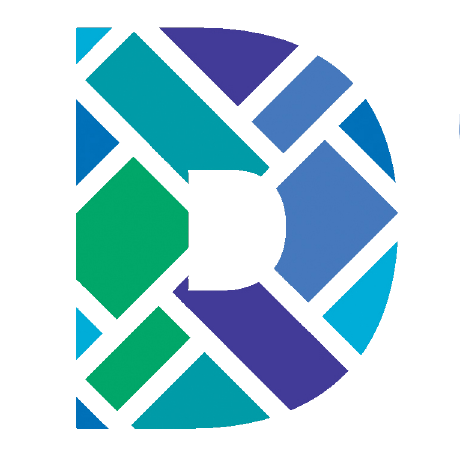Discover and explore top open-source AI tools and projects—updated daily.
pddlgym by  tomsilver
tomsilver
PDDL to Gym environments for AI planning
Top 96.9% on SourcePulse
PDDLGym bridges the gap between AI planning and reinforcement learning by converting Planning Domain Definition Language (PDDL) problems into OpenAI Gym environments. This library is designed for AI researchers and practitioners seeking to leverage RL algorithms on classical planning tasks, offering a standardized interface for experimentation and development. It allows users to seamlessly integrate complex planning scenarios into familiar RL workflows, accelerating research in areas like automated planning and intelligent agents.
How It Works
PDDLGym parses a supported subset of PDDL 1.2, including STRIPS, typing, quantifiers, disjunctions, equality, constants, and derived predicates, to construct executable Gym environments. It handles both standard PDDL and PPDDL (for probabilistic effects). The core approach involves mapping PDDL states to Gym observations (literals, objects, goal) and PDDL actions to Gym actions. Users can configure how actions and operators are handled, with options for simplifying integration using off-the-shelf PDDL or enabling a more nuanced distinction between agent actions and environment consequences for advanced research.
Quick Start & Requirements
- Primary Install:
pip install pddlgym - Python Version: 3.6+
- Prerequisites: Optional planner dependencies (
pddlgym_plannersfor FastForward/FastDownward) and Prolog dependencies (SWI-Prolog) are available for enhanced functionality. Matplotlib is used for rendering, which may require backend configuration (e.g.,matplotlib.use('agg')). - Links:
- Demo scripts:
pddlgym/demo.py,pddlgym/demo_planning.py - Planner interface:
pddlgym_plannersrepository.
- Demo scripts:
Highlighted Details
- Supports a substantial PDDL 1.2 feature set, excluding conditional effects and action costs.
- Includes a diverse range of pre-packaged PDDL environments (e.g., Sokoban, Blocks, Keys and Doors, TSP) and PPDDL environments (e.g., River, Triangle Tireworld).
- Offers
operators_as_actions=Truefor simplified use with standard PDDL anddynamic_action_space=Trueto dynamically update the action space with valid actions per state. - Provides a clear observation representation (literals, objects, goal) and a structured method for adding new custom domains.
Maintenance & Community
Developed by Tom Silver and Rohan Chitnis, the project encourages contributions. Sister packages include pyperplan and rddlgym. The README does not provide links to community channels like Discord/Slack, a roadmap, or specific maintainer contact beyond email correspondence.
Licensing & Compatibility
The license type is not specified in the provided README. This omission requires further investigation for compatibility assessments, especially concerning commercial use or integration into closed-source projects.
Limitations & Caveats
The library does not support conditional effects or action costs within PDDL. Integration of complex domains may require modifications to PDDL files to distinguish between actions and operators. Rendering functionality might necessitate specific Matplotlib backend configurations to avoid errors.
7 months ago
Inactive

 statelyai
statelyai CraftJarvis
CraftJarvis GetSoloTech
GetSoloTech Cranial-XIX
Cranial-XIX facebookresearch
facebookresearch ds4dm
ds4dm gsartoretti
gsartoretti zfw1226
zfw1226 david-abel
david-abel Unity-Technologies
Unity-Technologies mll-lab-nu
mll-lab-nu udacity
udacity